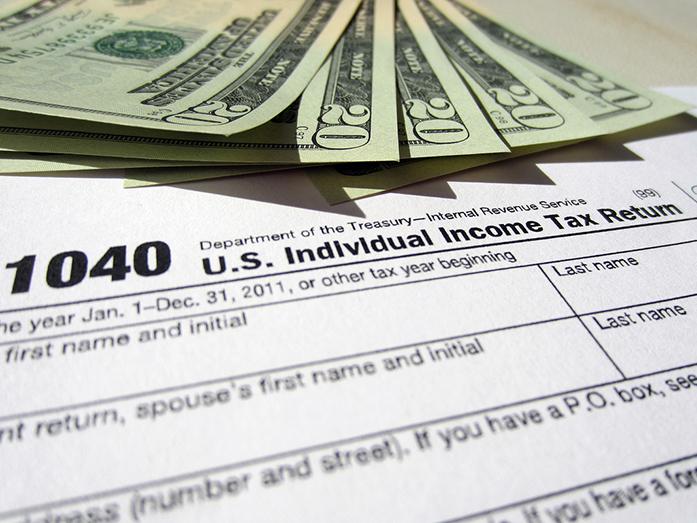By Dan Willaims
It’s hard to stave off the urge to yawn when researching tax policy. David Foster Wallace committed suicide while writing a novel about the IRS — confounded by, among other things, the question of how to accurately convey the massive sense of boredom inherent in the subject. But hold that thought: There are real solutions to our tax problems out there.On March 3, guest columnist John Macatee shed some light on a question many of us should ask: Why is the Iowa Legislature failing to fund Iowa schools and universities? The commonsense answer would be: We don’t have the money. But why don’t we have the money?
Macatee drew attention to a landmark tax-reform measure passed in 2014. The reform was a major cut in property taxes, not just for businesses but for residential properties as well. The reform was opposed by some as “excessive,” but it went through anyway.
Assessing the effect of anything in economics is a slippery fish. Nevertheless, the main thrust of Macatee’s argument, that there is a direct relationship between the 2014 tax cut and the lack of funding for schools, seems plausible, if slightly off the mark. A report from the Iowa League of Cities shows that, for 2016, schools are the primary recipient of property-tax revenues; 41 percent of property taxes go to K-12 schools. The report also shows only 24 percent of property taxes come from commercial properties, while 54 percent come from residential properties. If the 2014 tax cut is responsible for declining revenue, it doesn’t look like we can only blame corporate businesses. Residential property owners and small businesses have benefited as well.
Macatee’s column does correctly point to the larger issue, however: taxes. The 2014 tax cut is merely an instance of a tax system in need of a major overhaul. Declining state revenues have led to budget reductions. Republicans, against the advice of Gov. Terry Branstad, have been “looking” into possible solutions. But it is not the specific 2014 tax cut that is on their minds so much as the entire baroque system of exemptions, credits, and loopholes that have eroded the tax base.
If government is poorly funded, corruption seeps in, and in the long run, we spend more. Taxes are how the government gets its money. As taxpayers, we want our dollars to go as far as they can. An efficient tax system is in the interests of everyone.
An independent research group, the Tax Foundation, has prepared a 127-page report, published just last year, detailing both the current state of the Iowa tax code — abysmal — as well as a “menu” of options for reform. The report bodes well and should be taken seriously by Iowa lawmakers and citizens alike.
Another resource worth looking into is the Iowa Fiscal Partnership, a nonprofit that is a great resource for keeping track of the state economy. It delves into more details than your average paper, without the head-spinning analyses that the novice will find deathly boring.
The Partnership has shown, using Iowa Department of Revenue data, that a single tax credit, the Research Activities Credit, cost Iowa taxpayers $49.1 million — which means that the $40 million increase for schools could have been doubled by eliminating this one credit.
Ultimately, there seems to be at least some agreement that the tax code in Iowa needs a serious overhaul. As budgets continue to be cut, public outcry can hopefully be directed toward the right issue: tax reform.



